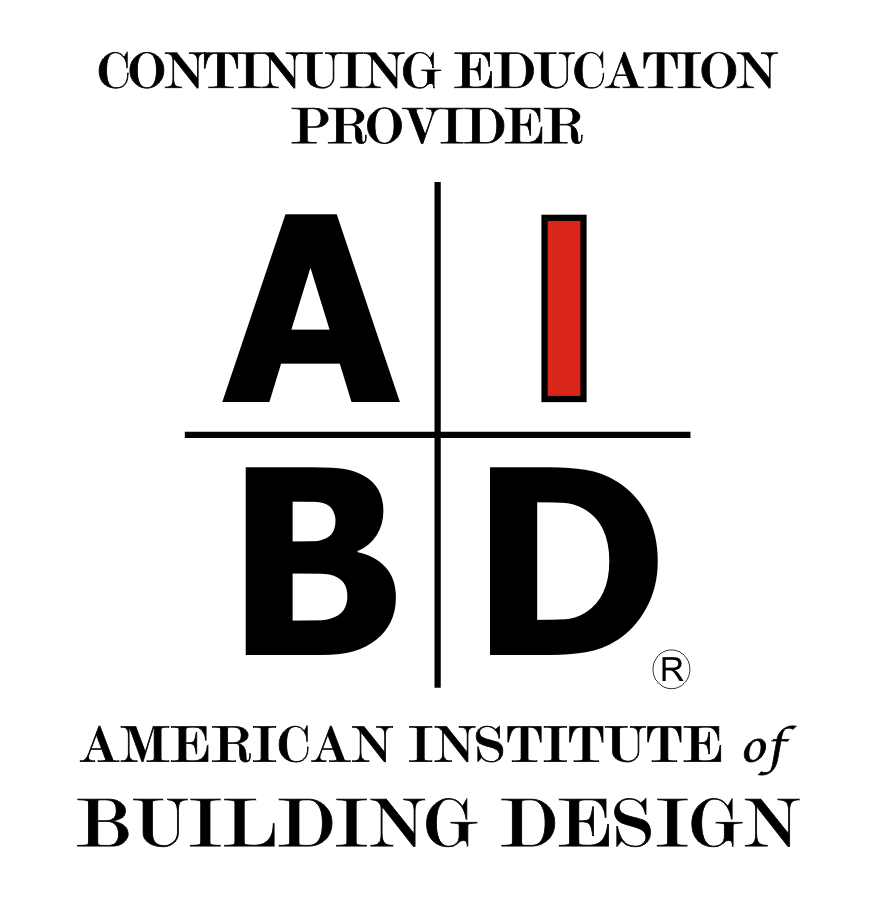
Tatiana Bilbao - Tatiana Bilbao Estudio
Designing adaptable architectural spaces
Sponsored by Architectural Record
In this episode, Tatiana Bilbao discusses her firm's approach to community-centered design and affordable housing. Bilbao discusses her "outside-in" design philosophy that involves deeply engaging with the local community and understanding their needs. She talks about the challenges of avoiding gentrification with new architectural interventions, using examples like the Hunter's Point project in San Francisco.
Bilbao also shares insights on policies and regulations that can help make housing more affordable and accessible, as well as her work on the Olive West master plan in St. Louis. The discussion covers topics like the role of architecture in providing "primary care" for people, the problems with housing as a commodity, and the need for more collective and flexible living spaces. Overall, Bilbao provides a thoughtful perspective on how architecture can address critical social and economic issues around housing.
Photo courtesy of Tatiana Bilbao Estudio
 |
Aaron Prinz is the host of the Design:ED Podcast and holds a Masters of Architecture degree from the University of Texas at Austin. He was born and raised in the rural Northern California town of Red Bluff, just two hours south of the Oregon border. After one year of college, Prinz relocated to San Francisco to pursue a career in stand-up comedy. At age 26, he began studying architecture at Portland State University while interning at Studio Petretti Architecture led by Amanda Petretti. His professional contributions while at Studio Petretti were focused on a portion of the new Multnomah County Courthouse which is a prominent addition to the Portland skyline. He currently resides in Austin, Texas with his wife Roxanne where he continues to work as a designer. |
LEARNING OBJECTIVES
- Acknowledge the principles and practices of designing spaces that prioritize community engagement, sustainability, and inclusivity.
- Identify and examine effective policies and strategies to support affordable housing and reduce barriers to equitable urban development.
- Learn to design adaptable architectural spaces that support diverse community needs and promote long-term habitation flexibility.
- Investigate the impact of market forces on urban planning, with strategies to mitigate gentrification and protect affordable housing.











